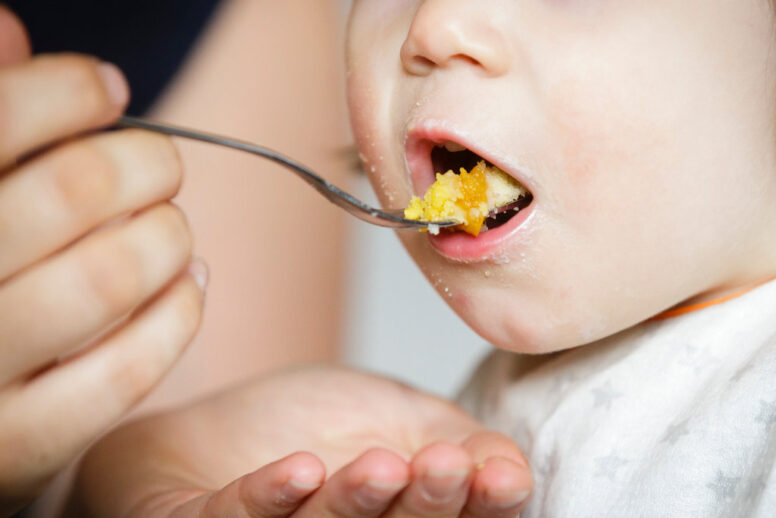Utilizing C.D.C. data, researchers found that 98 percent of toddlers and 60 percent of babies have extra sugars in sweetened beverages, baked goods and snacks.
Virtually all American toddlers and roughly two-thirds of babies consume additional sugars despite nutritionists’ recommendations which kids prevent the sweetener, as reported by government research released that week.
Researchers found from 2011 to 2016, 98 percent of ages 12 to 23 months consumed sugar in cereals, baked goods, candies and fruit beverages. Black toddlers ate the maximum added sugar about eight tsp per day — although toddlers of Asian descent consumed at the least, roughly 3.7 teaspoons every day.
“The main point to remove is the sugars are anywhere,” explained the study’s lead researcher, Kirsten Herrick, who currently works in the National Cancer Institute’s cancer control and population sciences branch. “What’s surprising is how additional sugar rapidly surpasses the recommended daily levels.”
The researchers discovered that roughly 60 percent of babies additional sugar in flavored milk and yogurt, infant snacks, among other meals — roughly one teaspoon of sugar every day. The study size was too little to create scientific decisions about race,” Dr. Herrick explained. The findings have been published at The Journal of the Academy of Dietetics and Nutrition.
Sugars incorporate some sweetener, such as corn syrup and cane sugar, that doesn’t occur naturally in food. The American Heart Association advises that babies and toddlers completely avoid beverages. Other research, Dr. Herrick explained, implies that older kids restrict sugar to six teaspoons every day.
In 2016, the American Cancer Society published guidelines that said adults should restrict glucose that was additional to 10 percent of their calories. It indicated individuals decrease the amount such as sports and fruit drinks, they eat. Sugar is correlated with several kinds of cancer, but also with weight reduction, the society said.
Dr. Herrick stated the usage of glucose in teens and older children has been associated with asthma, cavities, obesity and higher blood pressure. Amid news of this quantity of sugar intake, she said researchers detected that glucose ingestion in babies was decreasing over all.
Dr. Herrick cautioned that exposing kids to sugary foods when they are young can affect taste preferences when they’re older.
“There is not any reason to supply sugar-sweetened drinks” to toddlers and babies, ” she explained. “They want nutrient-dense foods”

